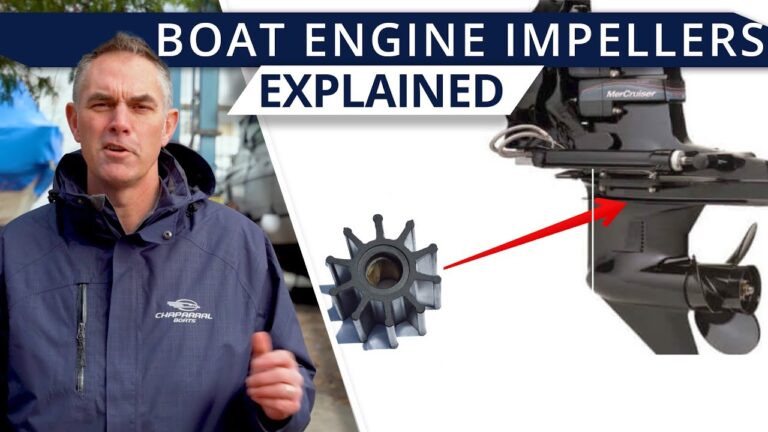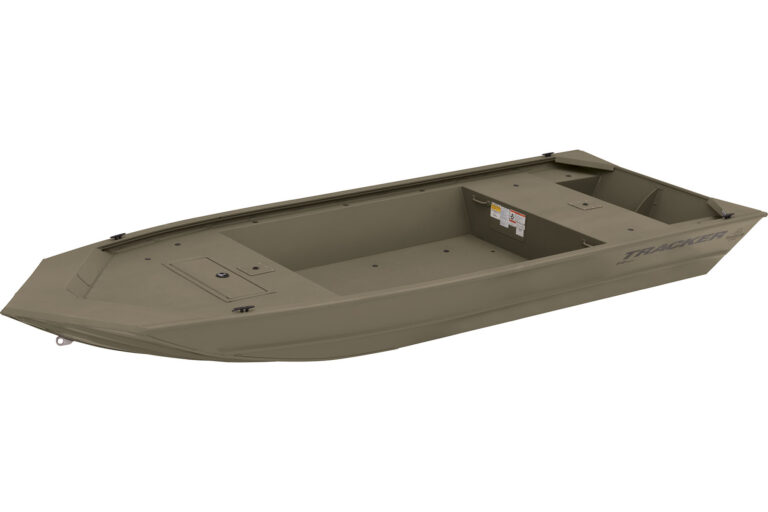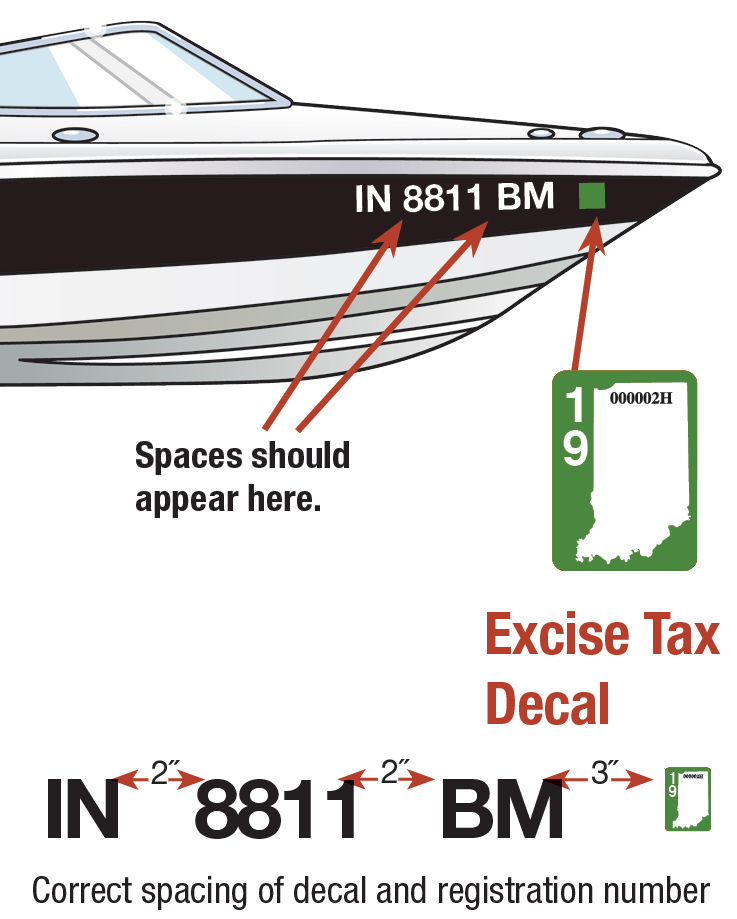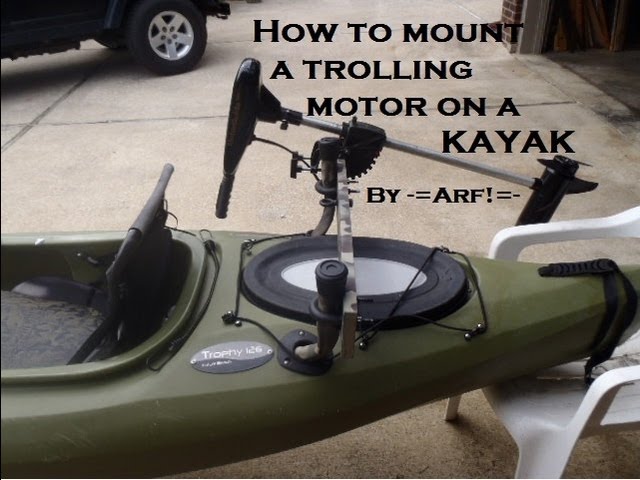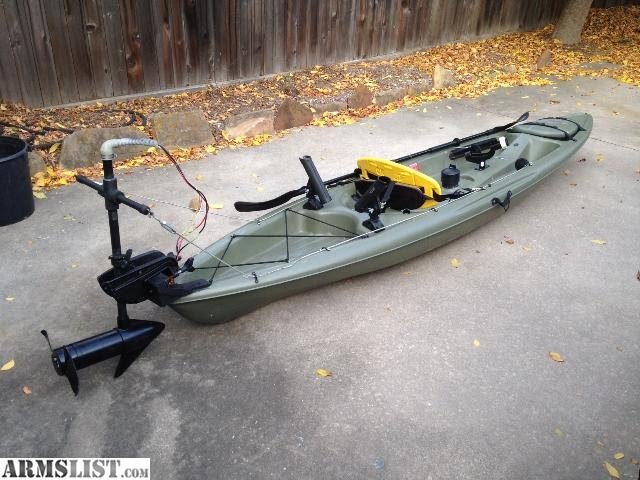How Much Does a Bass Boat Weigh
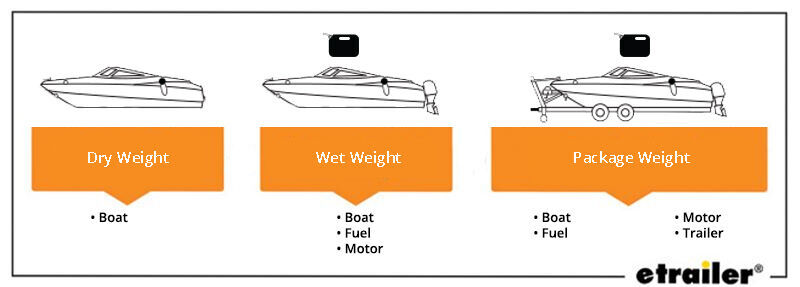
A typical bass boat weighs between 1,500 and 2,500 pounds. The weight varies with size, construction materials, and additional features.
Bass boats are popular among anglers for their stability and speed, making them an excellent choice for freshwater fishing, especially when targeting bass. They come in a range of sizes, generally from 16 to 22 feet, influencing the overall weight.
The construction is another critical factor; boats made with fiberglass are heavier, while aluminum boats tend to be lighter. As manufacturers incorporate advanced technologies and comfort amenities, such as powerful engines, trolling motors, and live wells, the weight can increase significantly. Anyone considering a bass boat should take the weight into account for transportation and storage purposes, ensuring their vehicle can tow the boat safely and that they have the appropriate trailer and storage facilities. A well-informed choice helps anglers make the most of their investment and enjoy many successful fishing trips.

Credit: www.youtube.com
Estimating Bass Boat Weight: A Primer
Understanding bass boat weight is crucial for safe towing and storage. Multiple factors play a role in determining a boat’s weight. The material of the boat, such as fiberglass or aluminum, greatly influences its heaviness. Additionally, the size of the boat and the presence of gear or accessories adds to the overall weight.
| Boat Model | Weight Range (lbs) |
|---|---|
| Small Bass Boats | 400 to 1200 |
| Medium Bass Boats | 1200 to 2500 |
| Large Bass Boats | 2500 to 5000 |
Bass boats come in various sizes, influencing their weight. Smaller models often weigh less. On the other hand, larger models tend to tip the scales more.
Construction Materials And Their Impact On Weight
The weight of a bass boat can vary greatly. This is largely due to the construction materials used. Two primary materials are aluminum and fiberglass. Each material has a different weight impact on the boat. Aluminum hulls are typically lighter. They make the boat easier to handle and less costly to fuel. Fiberglass hulls, on the other hand, are heavier. Yet, they offer a smoother ride on water.
The construction technology also plays a role. Advanced techniques can reduce the weight of fiberglass hulls. But they may increase the boat’s cost. Both materials have pros and cons. Your choice depends on usage, budget, and preference.
Critical Components And Accessories Adding To Total Weight
The weight of a bass boat varies due to several factors. Engines and trolling motors significantly impact this total. A typical outboard motor can add 200 to 600 pounds. Contrastingly, trolling motors might add roughly 25 to 75 pounds.
Electronics and seating options also influence boat weight. Advanced fish finders and plush seats add extra pounds. Custom setups can push weight higher.
Considering the trailer is essential in weight calculations. Single-axle trailers might weigh 300 to 700 pounds, while double-axle trailers can reach up to 1,200 pounds. The type of trailer plays a key role in defining the overall weight one has to manage.

Credit: www.etrailer.com
Towing A Bass Boat: What You Need To Know
Knowing the weight of your bass boat is critical for safe trailering. Your vehicle must handle the boat’s weight plus gear. Check your vehicle’s towing capacity before hitting the road. It’s in the owner’s manual. Don’t exceed this limit, or you risk accidents and damage.
Safety is key with boat trailering! Always confirm weight before a trip. It includes the boat, engine, fuel, and equipment. A typical bass boat weighs between 1,500 to 2,500 pounds. Gear and fuel add more.
Remember, proper trailering is about more than weight. It’s about balance and distribution, too. Get a trailer that fits your boat. Make sure the brakes are good. This keeps you, your boat, and others safe.
Maintaining Performance With Weight Management
Understanding how extra weight affects your bass boat is crucial. Heavier boats move slower and consume more fuel. A light boat is fast and efficient. Yet, extra gear can add significant weight. Knowing where to trim weight can improve speed and fuel use.
Use a weight management strategy to keep your boat lean. Removing unnecessary items is essential. Regularly check your gear. Keep only what you need. Adjust your boat load to stay swift on the water.
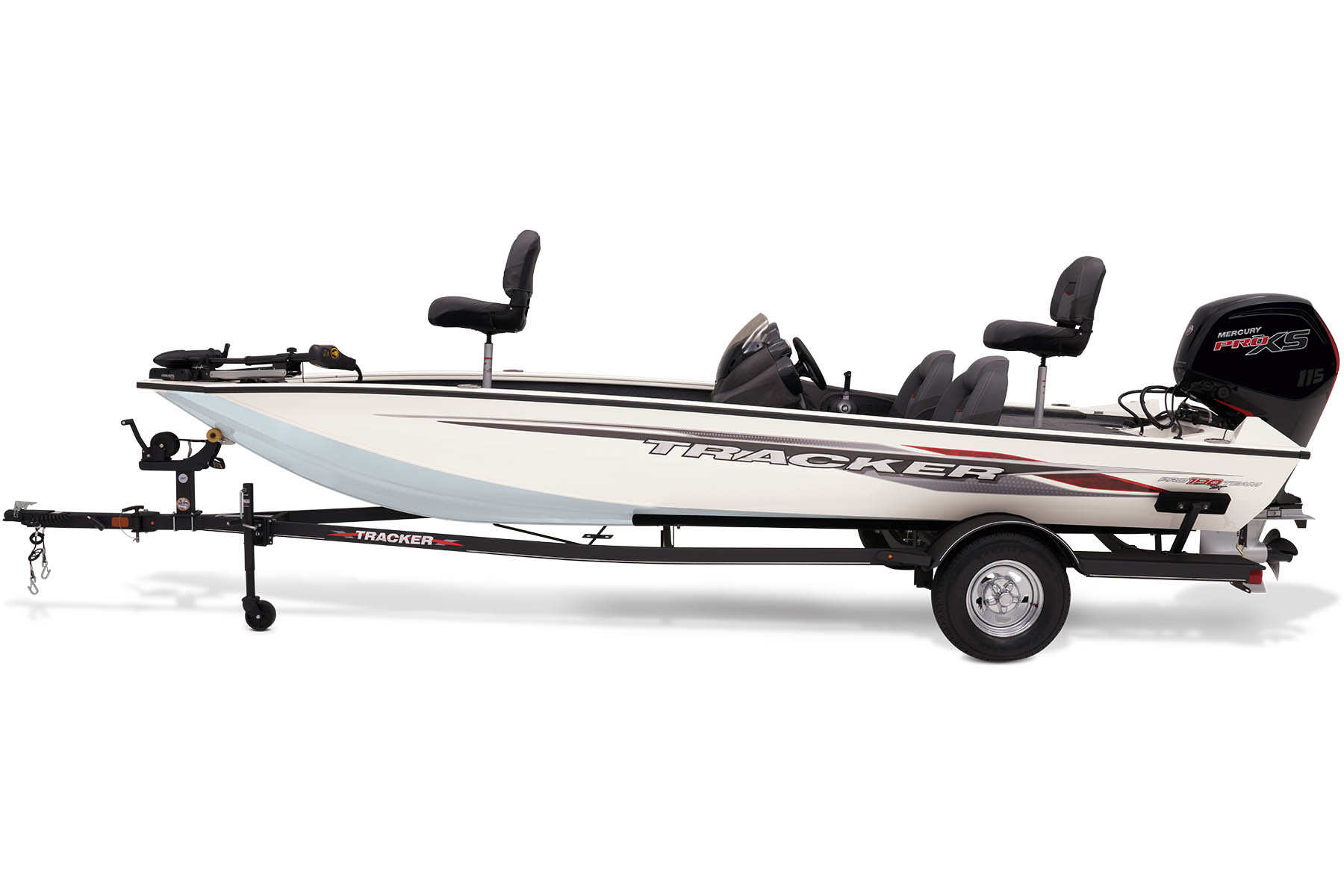
Credit: www.trackerboats.com
Legal And Safety Implications Of Boat Weight
Understanding the rules for bass boat weight is critical for legal compliance and safety on the water. Each state has specific regulations that dictate the weight limits for boats. Often, these weight limits are tied to the size and type of the craft. Boaters must stay informed about the maximum weight capacity of their boats to avoid penalties.
Adhering to the weight guidelines is not just about legality; it’s about safety too. Overloading a boat can lead to poor handling and increased risk of capsizing. An awareness of your boat’s weight, including gear and passengers, is vital. Safety protocols demand that all boaters manage their load for a stable and safe boating experience.
Frequently Asked Questions For How Much Does A Bass Boat Weigh
How Much Does A 16 Foot Bass Boat Weigh?
A 16 foot bass boat typically weighs between 1,000 to 1,300 pounds, varying by make and model.
How Much Does A 21 Ft Ranger Bass Boat Weigh?
A 21 ft Ranger bass boat typically weighs approximately 2,150 to 2,950 pounds, depending on the model and features.
How Much Does A 21 Foot Nitro Bass Boat Weigh?
A 21 foot Nitro bass boat typically weighs approximately 2,200 pounds without the trailer. This weight can vary slightly by model and year.
What Is The Average Weight To Tow A Bass Boat?
The average weight for towing a bass boat is generally between 1,500 and 3,500 pounds. Always consult your vehicle’s towing capacity to ensure safety.
Conclusion
Understanding the weight of a bass boat is crucial for safe towing and maneuvering. With variations from 1,500 to 3,500 pounds, choosing the right trailer and vehicle is essential. Remember, the exact weight hinges on size, materials, and added gear.
So, select wisely to ensure optimal performance on your aquatic adventures.
